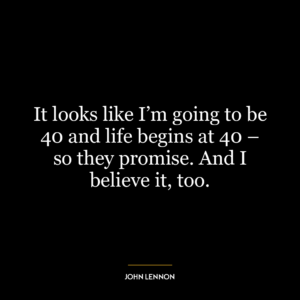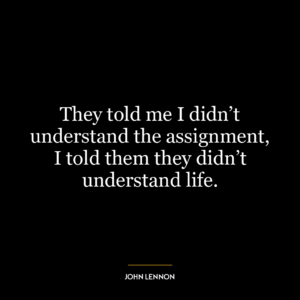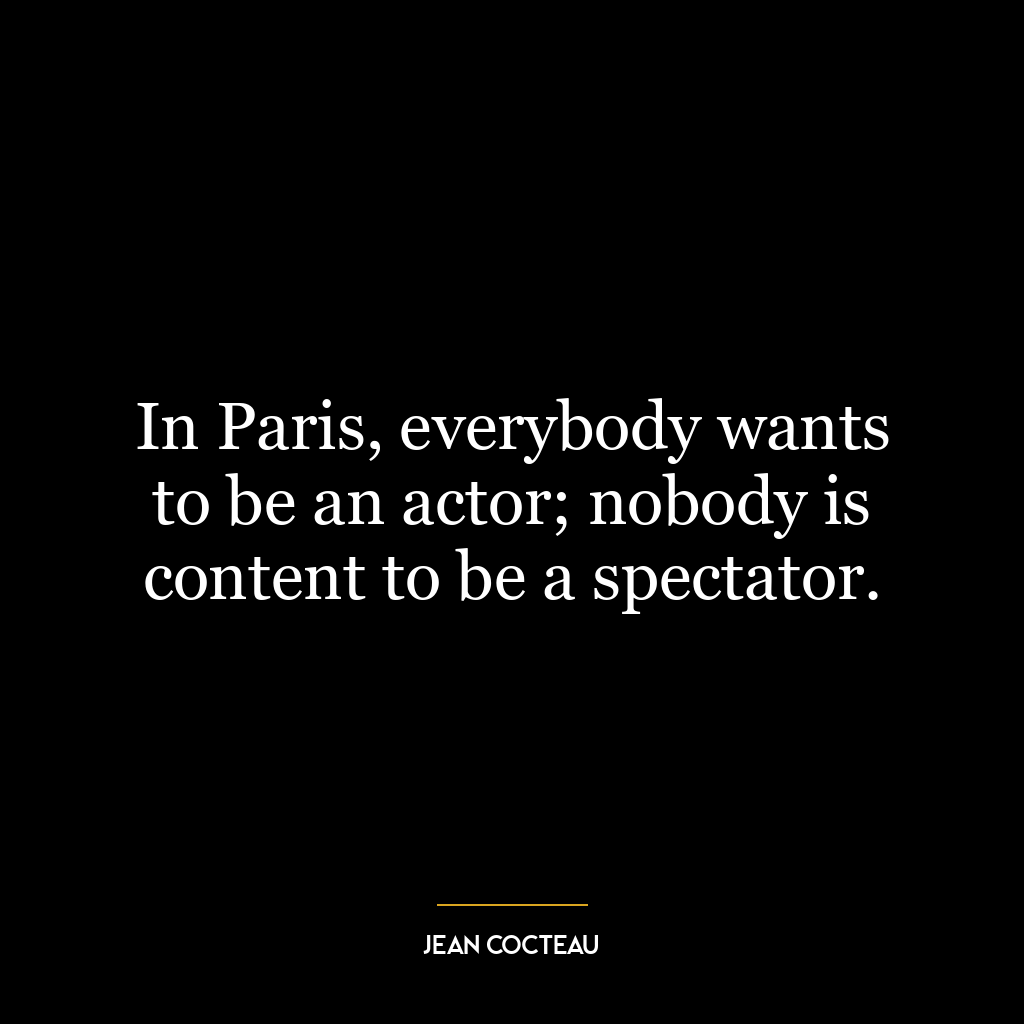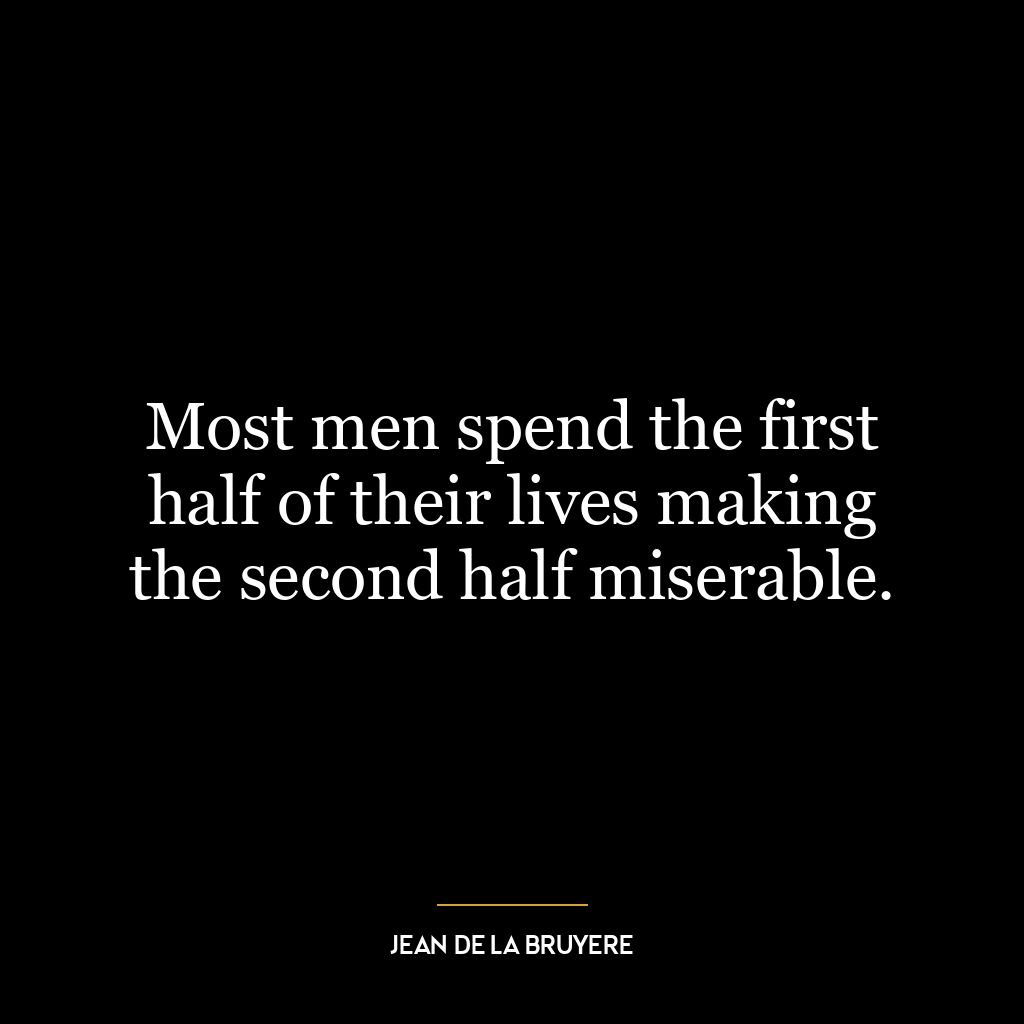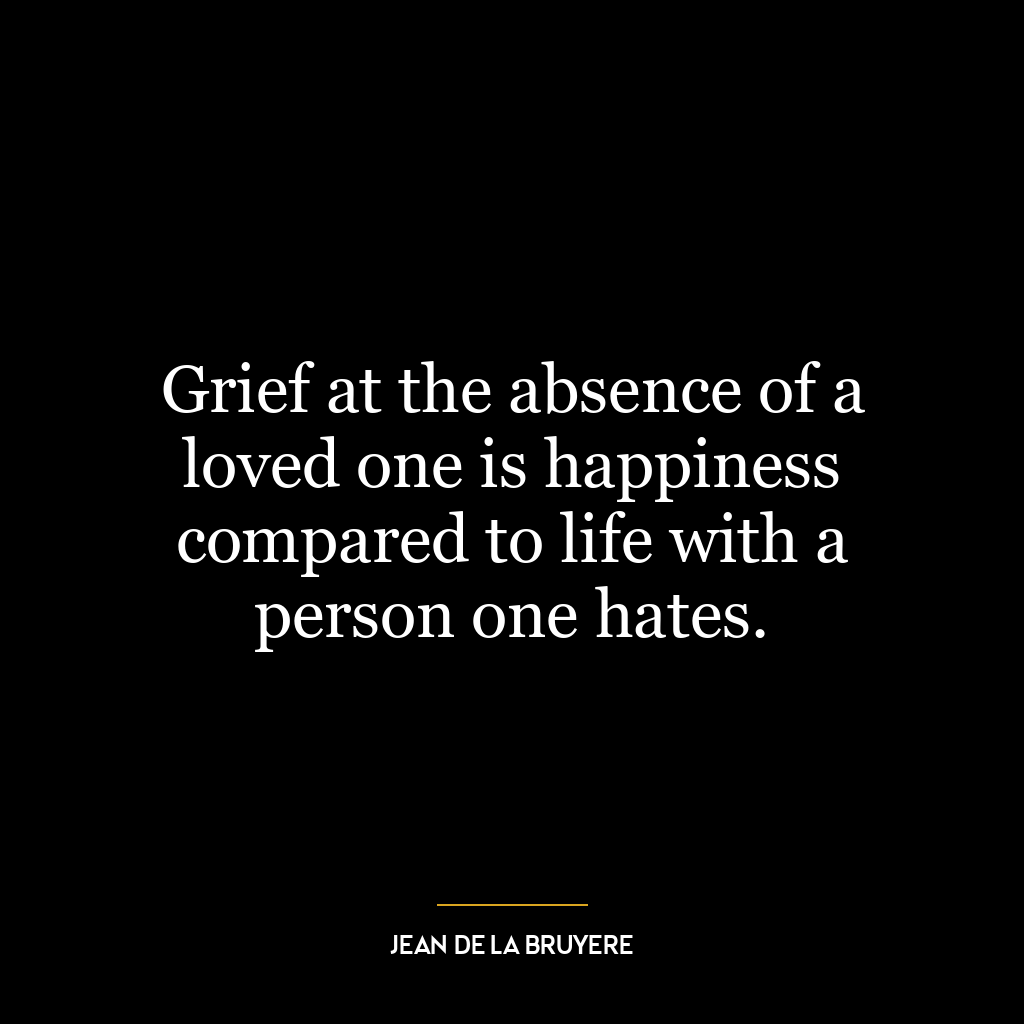When I went to school, they asked me what I wanted to be when I grew up. I wrote down happy.
This quote, “When I went to school, they asked me what I wanted to be when I grew up. I wrote down happy,” is a profound statement about our perception of success and purpose in life. It emphasizes the importance of happiness as the ultimate goal, rather than traditional career paths or societal expectations.
The quote suggests that from a young age, we are asked to define our future in terms of professions. The expectation is to aspire to a particular career, which often comes with associated stereotypes of success, such as wealth, power, or prestige. However, Lennon challenges this notion by stating his aspiration to be ‘happy,’ which is an emotional state rather than a professional title. This reflects a shift in focus from external achievements to internal fulfillment.
Applying this quote to today’s world, it resonates even more as society becomes increasingly competitive and success-oriented. Many people chase after high-paying jobs, prestigious titles, and material possessions, often at the expense of their happiness and well-being. This quote serves as a reminder that our ultimate goal should be personal happiness and contentment, rather than societal approval or external achievements.
In terms of personal development, this idea encourages us to redefine our measures of success. It suggests that we should prioritize our emotional well-being and personal satisfaction over societal expectations or material accomplishments. It also prompts us to question if the path we are on will lead us to genuine happiness. This could mean pursuing a passion despite it not being a traditionally prestigious or high-earning career, maintaining a work-life balance, or investing time in relationships and experiences that bring joy.
Furthermore, the quote does not dismiss ambition or career aspirations but rather emphasizes the importance of aligning these aspirations with what truly makes us happy. It’s about choosing a path that fulfills us, that aligns with our values, and that ultimately leads to a state of happiness. In the end, it’s not about what we want to ‘be’ in terms of profession, but who we want to ‘be’ in terms of our emotional state and personal satisfaction.






